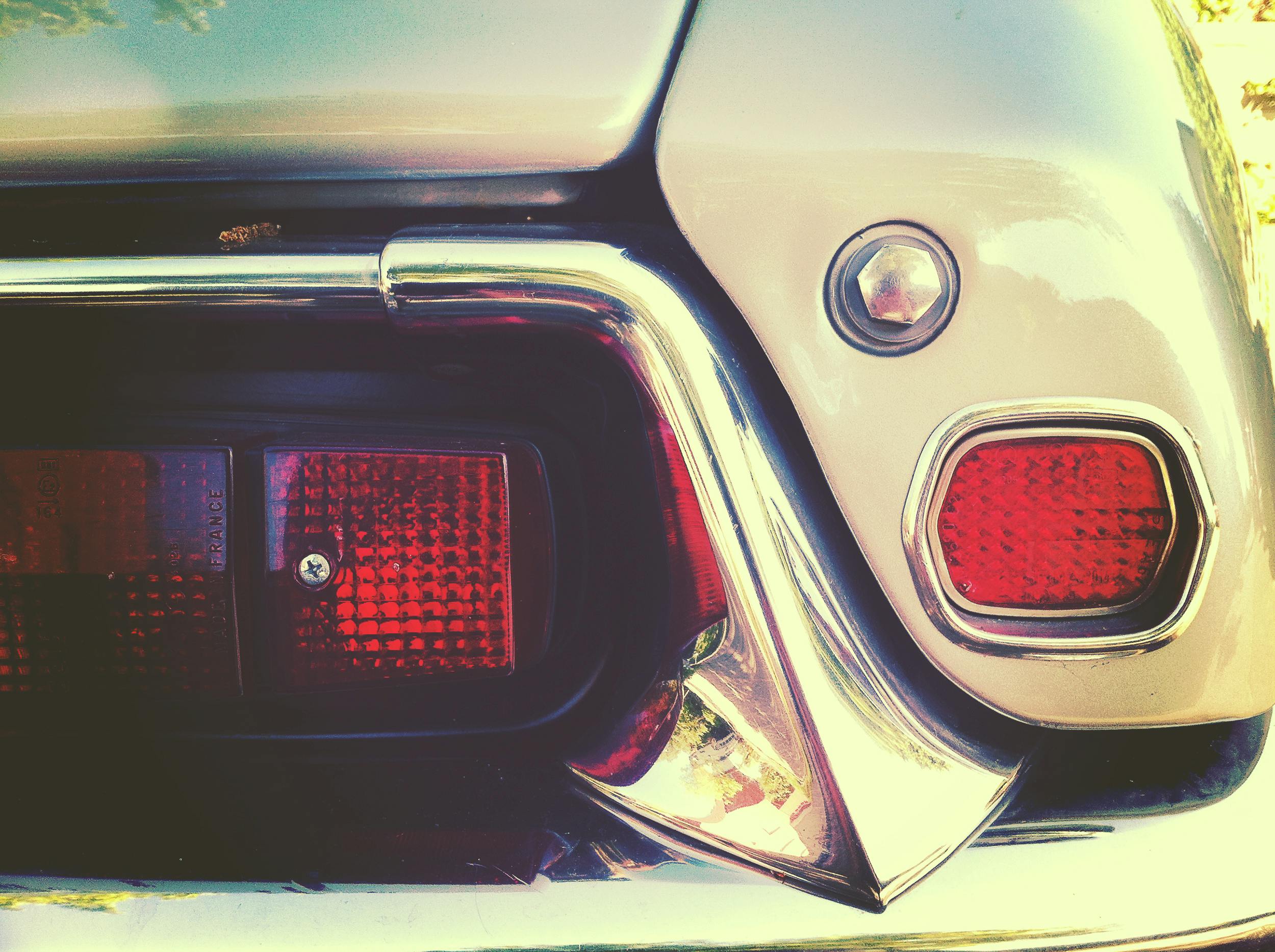I totaled my car and later discovered I was at fault.
It didn’t hit me until a day later that I had collided with a car stopped at a red light. I think I was in a haze after a heated argument and just blanked out. The police arrived and filed a report, but I didn’t make any statements since they didn’t ask. Initially, when I filed the claim, I mentioned that the other car seemed to come out of nowhere, as I had significant damage to my front right, while their rear left bumper was affected.
However, after some reflection and coming out of shock, I realize now that I was the one who hit them. What should I do next? Should I contact the adjuster and admit I got it wrong? I did bump my head a bit when the airbags deployed, and it’s clear that my car is totaled.




It sounds like you’re going through a really tough situation, and it’s understandable to feel overwhelmed right now. Here are a few steps you should consider taking:
Contact Your Insurance Adjuster: It’s important to be honest with your insurance company. Call your claims adjuster and explain the situation. Let them know that after reflecting on the incident, you realized you were at fault. Being upfront about this can help avoid complications later.
Document Everything: Keep records of your conversations with your insurance company and any other relevant details about the accident. This documentation will be crucial if there are any disputes later on.
Seek Medical Attention: Since you mentioned hitting your head when the airbags deployed, it might be a good idea to get checked by a medical professional. Head injuries can have delayed symptoms, and it’s better to be safe.
Consult Legal Advice if Necessary: If you’re worried about potential implications of admitting fault or if there are complexities with the other driver’s claim, consider speaking with a lawyer who specializes in traffic accidents.
Learn from the Experience: Accidents can be a wake-up call. Consider reflecting on what led to the incident and how you can avoid similar situations in the future, such as avoiding driving immediately after an intense argument.
Take Care of Yourself: Emotional distress can follow such incidents. Make sure you’re taking care of your mental well-being and reach out to friends or professionals if you need support.
Remember, accidents happen, and acknowledging your mistake is a step toward resolution. Take things one step at a time, and you’ll get through this.